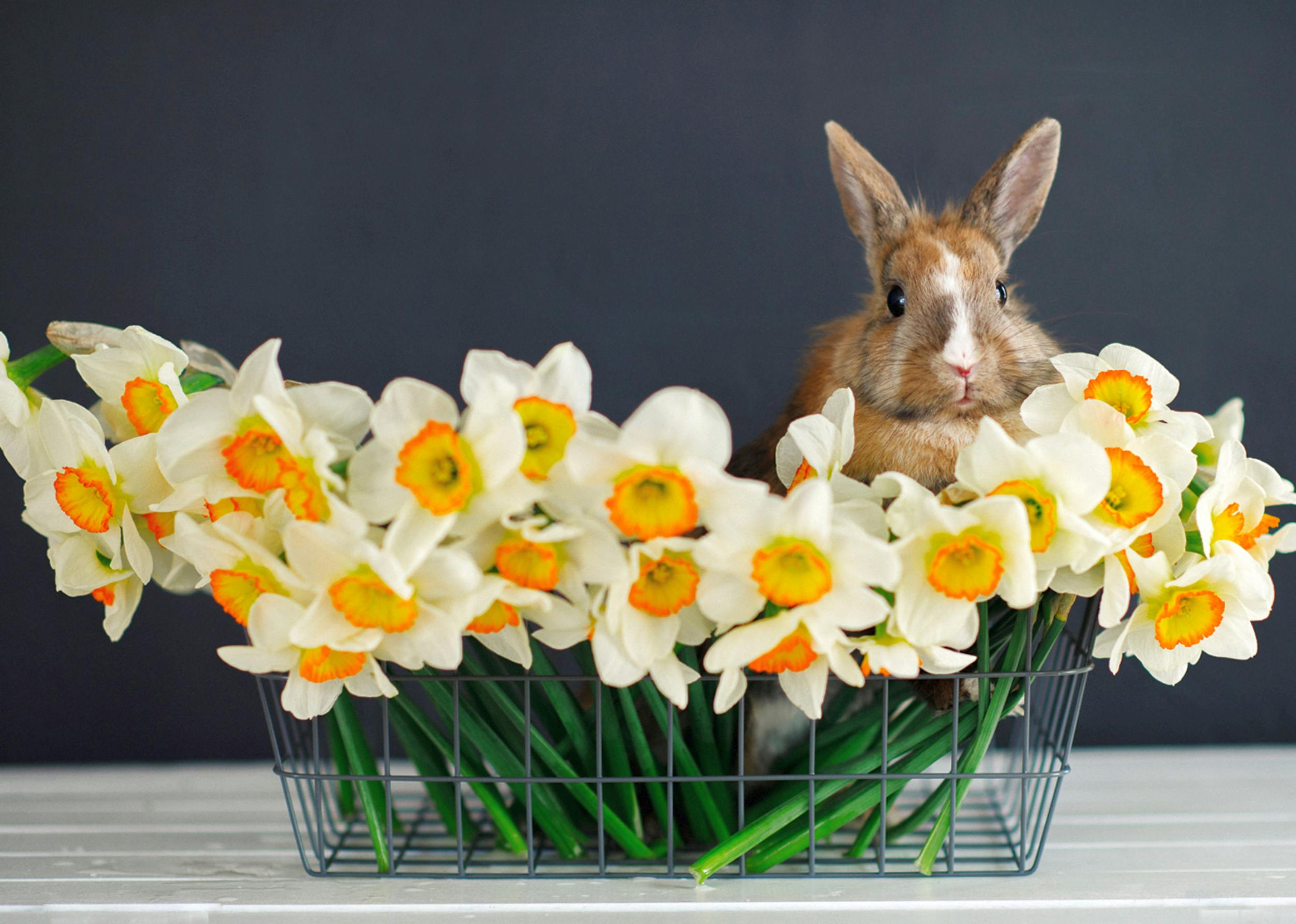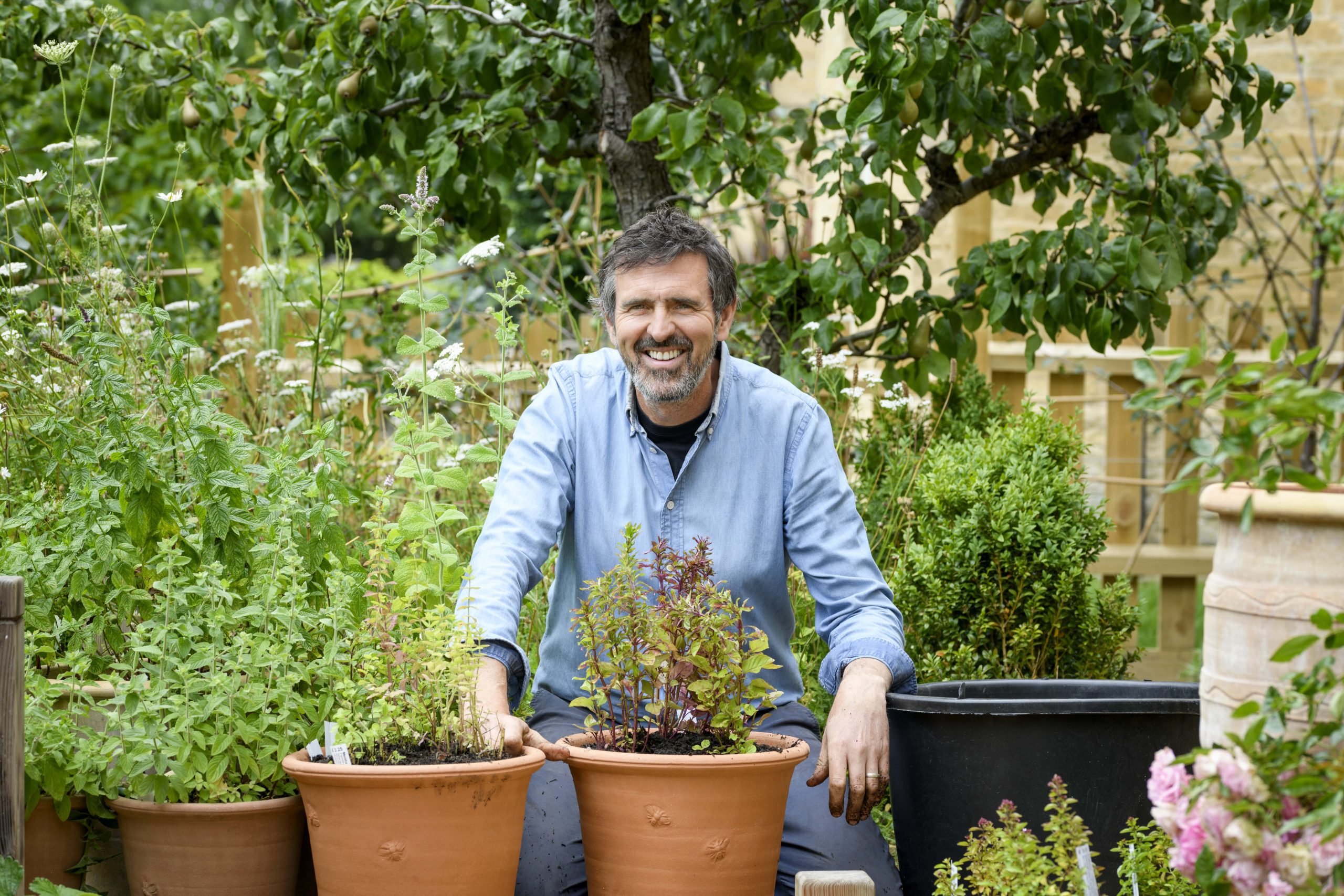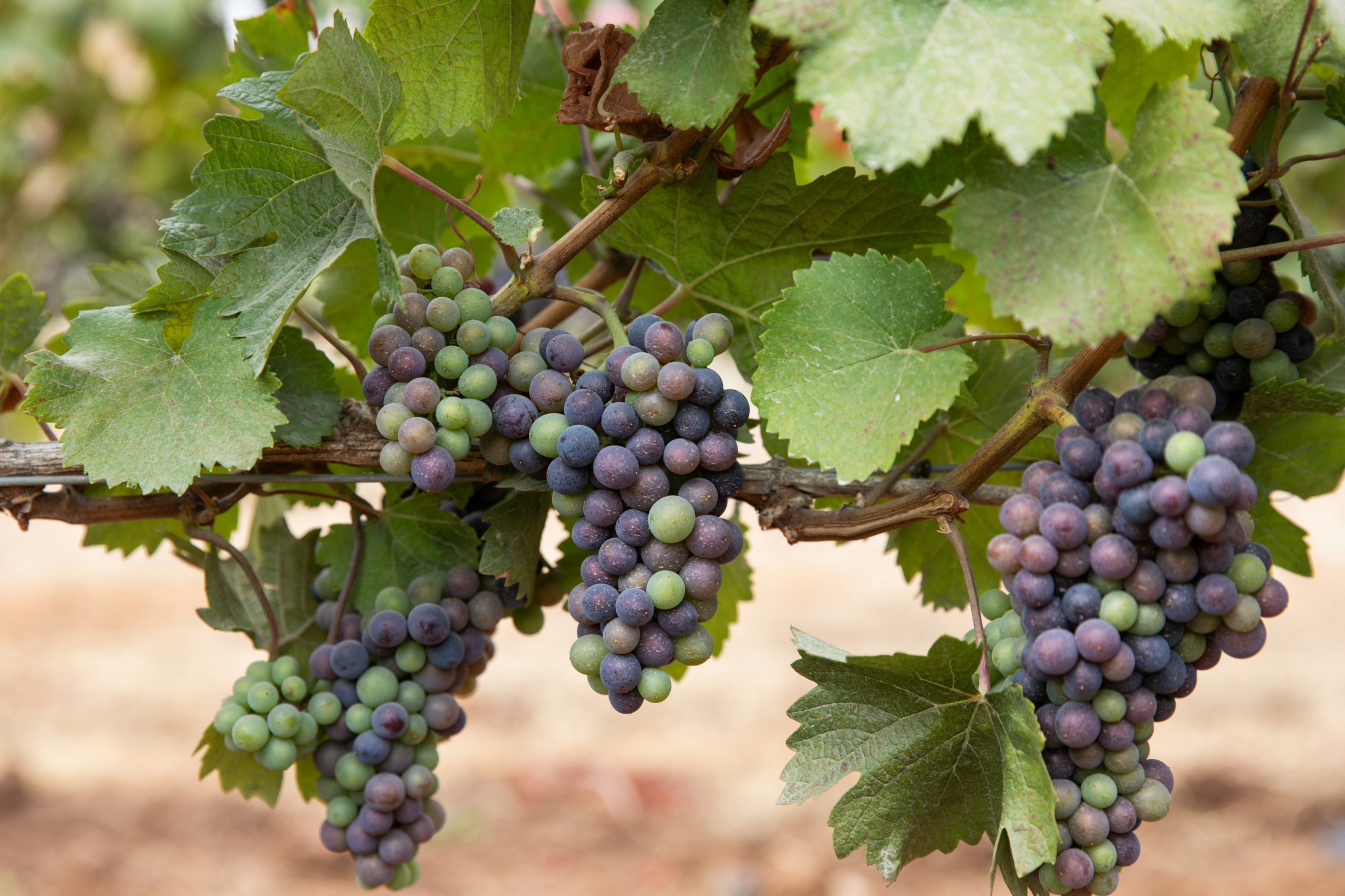Green-fingered Cathie Welch shares her tips on getting your garden ready for the colder months
I have always thought this was a strange saying as so much goes on during the winter months. Some plants die down but others are coming up as it’s their season. The animals, insects and birds all still need shelter and food.

Pruning
Many plants actually need their annual prune in the winter when they are dormant like roses, apples and pears and many other deciduous shrubs and trees. Think about piling up the prunings or making a ‘dead hedge’ instead of throwing them out or burning them.
Cutting back perennials
Many perennials have gone over and look dead at this time of the year and it is tempting to cut them all back for tidiness. Think carefully about each plant as the seed heads that look dead to you can look beautiful in the frost and can contain valuable food for birds. The base of perennials can actually be protected in the winter, particular those that are slightly tender like Penstemon and many Salvias. Perennials at the side of ponds are refuge for amphibians. If you really need to cut them back consider leaving piles so creatures can hide there. Many perennials are best left until the sap is rising in the Spring like Fuschias, Hydrangeas and Perovskia.
Tender Perennials
Some plants need winter protection as they don’t tolerate the freezing temperatures of recent years. Hardy Fuschias die back but tender ones will die. Dahlias and Cannas really can be put to bed in the garden by covering with a thick layer of straw mulch topped with compost.
Autumn Leaves
I find the thick acrid smoke of a bonfire particularly upsetting if leaves are the fuel. This is especially tedious when leaf blowers are used. Rake the leaves up into a pile for hedgehogs and other creatures to enjoy. Mulch over the top of them on flower beds as they will eventually rot down. Mow them up on a lawn for exceptional compost. Create a leaf mould pile but do not burn!
Meadows and hardy annuals
A lot of our native wild flowers need to have the seed stratified which means they need the cold winter in order to germinate in the Spring. Consider leaving the seeds in the ground rather than collecting them or re-distribute throughout the garden.
Biennials
Foxgloves, teasels and forget-me-nots need to go through vernalisation which is when the plant is in its first year. It needs the cold to stimulate flowering the following Spring.
Plants are amazing and a little knowledge can transform the way you think about ‘putting your garden to bed for the winter’
CGS Courses
Please ask for details as I am now meeting potential students for Spring Courses as well as bespoke workshops and volunteering. I can also come and teach you in your own garden and am happy to chat over a coffee at Ashdene. Consultancy gift vouchers available too. Visit my website or email: info@cathiesgardeningschool.co.uk



 Facebook
Facebook Instagram
Instagram Twitter
Twitter Linkedin
Linkedin






